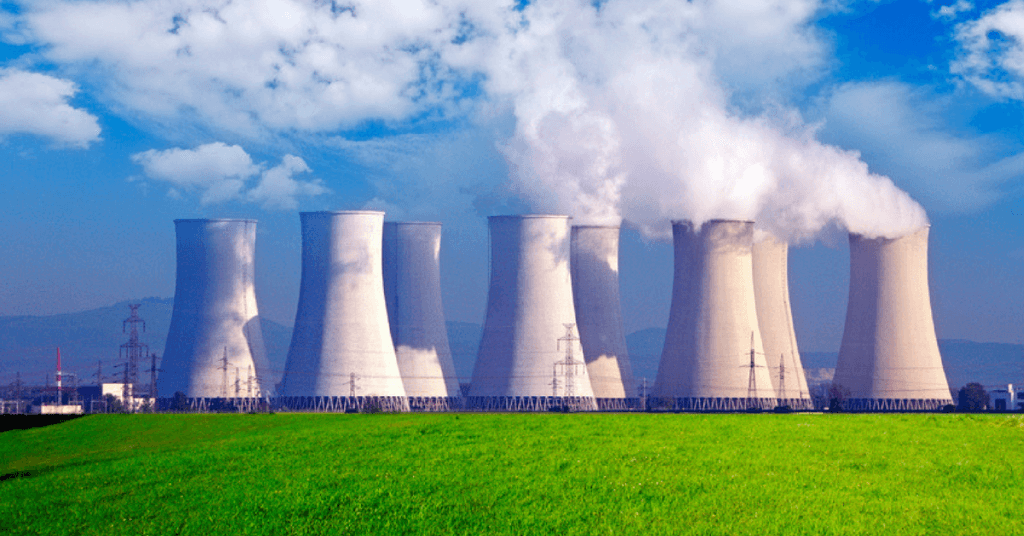As part of South Africa’s G20 Presidency for 2025, the second meeting of the G20 Energy Transitions Working Group was held on Wednesday in Cape Town, ahead of the G20 Summit of global leaders scheduled later this year.
South African Minister of Electricity and Energy Dr. Kgosientsho Ramokgopa stated at the meeting that the use of nuclear energy in a country’s energy mix is a key element in ensuring energy security.
“In the pursuit of achieving net zero emissions by 2050, the world has now shifted towards a more realistic approach.”
“It is globally accepted that nuclear technology should play a significant role in the energy mix.”
“This technology is crucial for countries to achieve energy security, energy sovereignty, and energy justice in the transition,” the Minister said.
Minister Ramokgopa Advocates for Nuclear Technology in Energy Transition
The Minister further stated that the expansion of South Africa’s nuclear program would provide the country with energy security and sovereignty, enabling it to more easily transition into the digital age, explore new research frontiers, and take its rightful place among leading nations.
He mentioned that he is consulting with global experts for advice on reviving South Africa’s nuclear program, and he plans to share the gathered information with the South African government.
“The issue is not whether we need nuclear energy, but whether we have the financial capacity to fund it. These experts will help me with the pace and scale of the construction process,” Ramokgopa said.
Global Support for South Africa’s Nuclear Ambitions
He also noted that the estimated R60 billion (USD 3.5 billion) required for reviving nuclear energy in South Africa is unlikely to come from government funds.
However, he mentioned that entities from the US and China have expressed interest in assisting in this regard.
As the first African country to assume the G20 Presidency, South Africa has emphasized that it will champion the interests of the African continent.
The country has also shared its goal with the International Atomic Energy Agency (IAEA) to expand nuclear programs across Africa. South Africa remains the only African nation with nuclear energy.
However, Egypt has already begun constructing four large reactors, and countries such as Ghana and Kenya have started collaborating with the IAEA to establish the necessary infrastructure for nuclear power programs.



